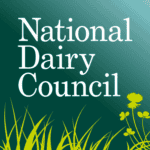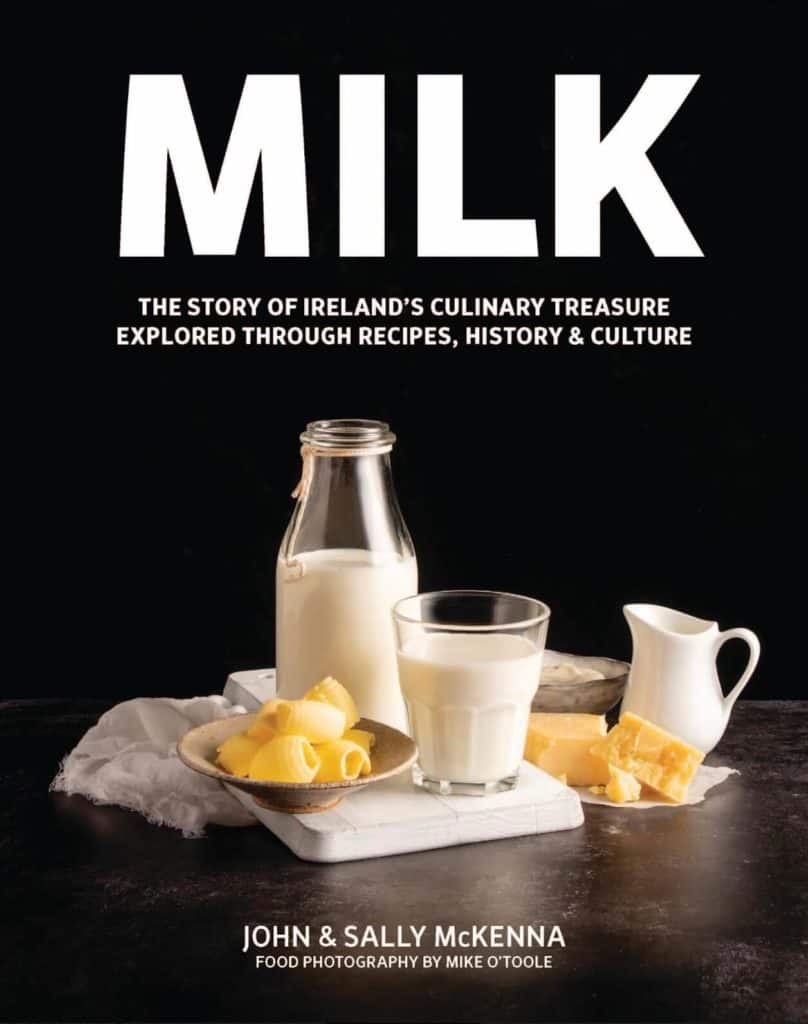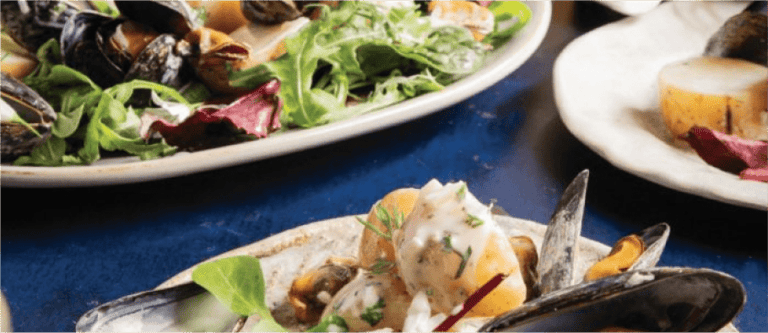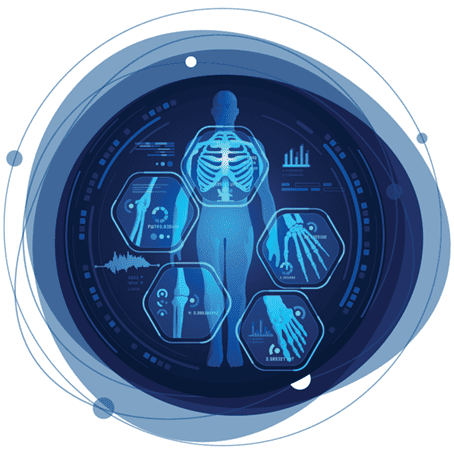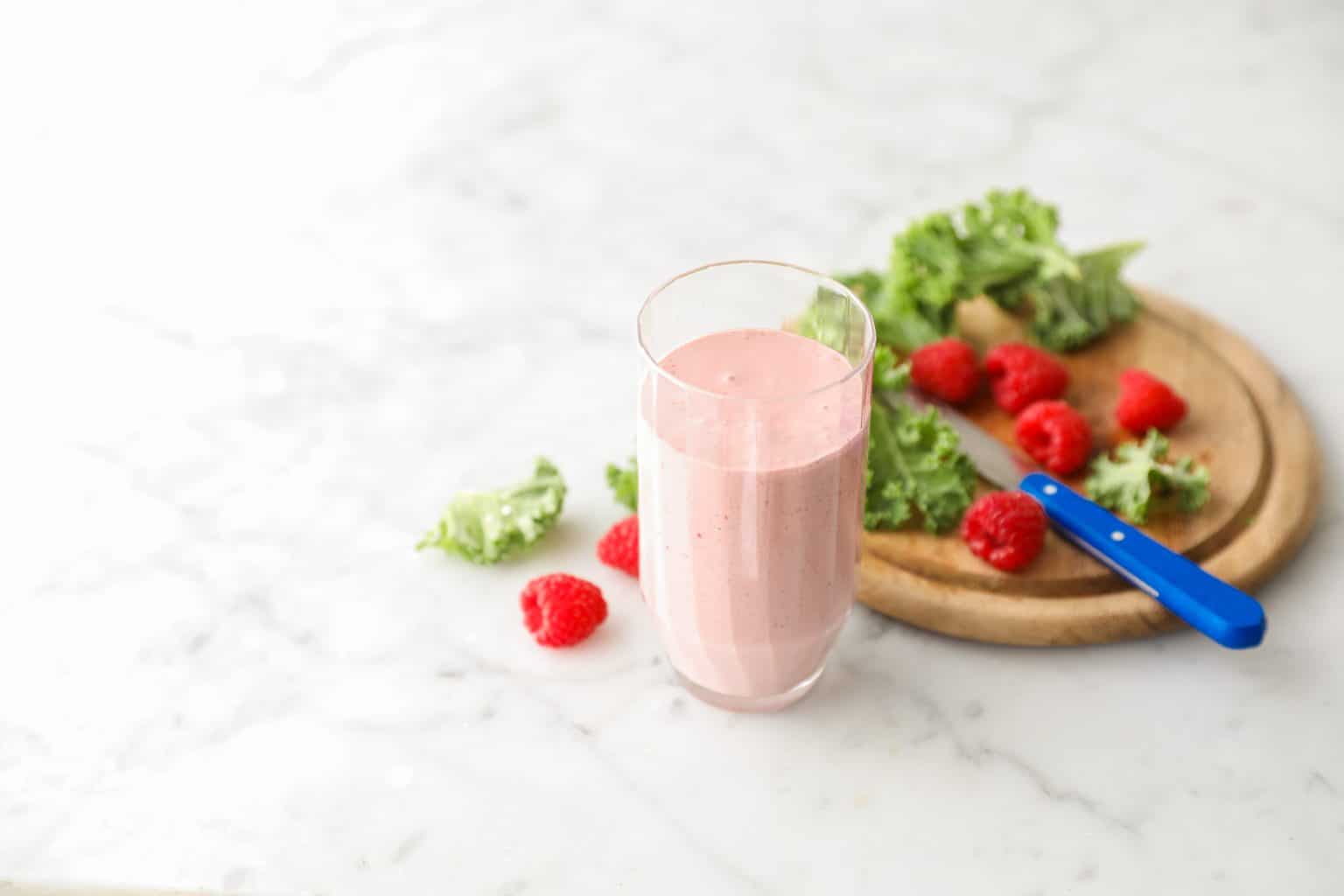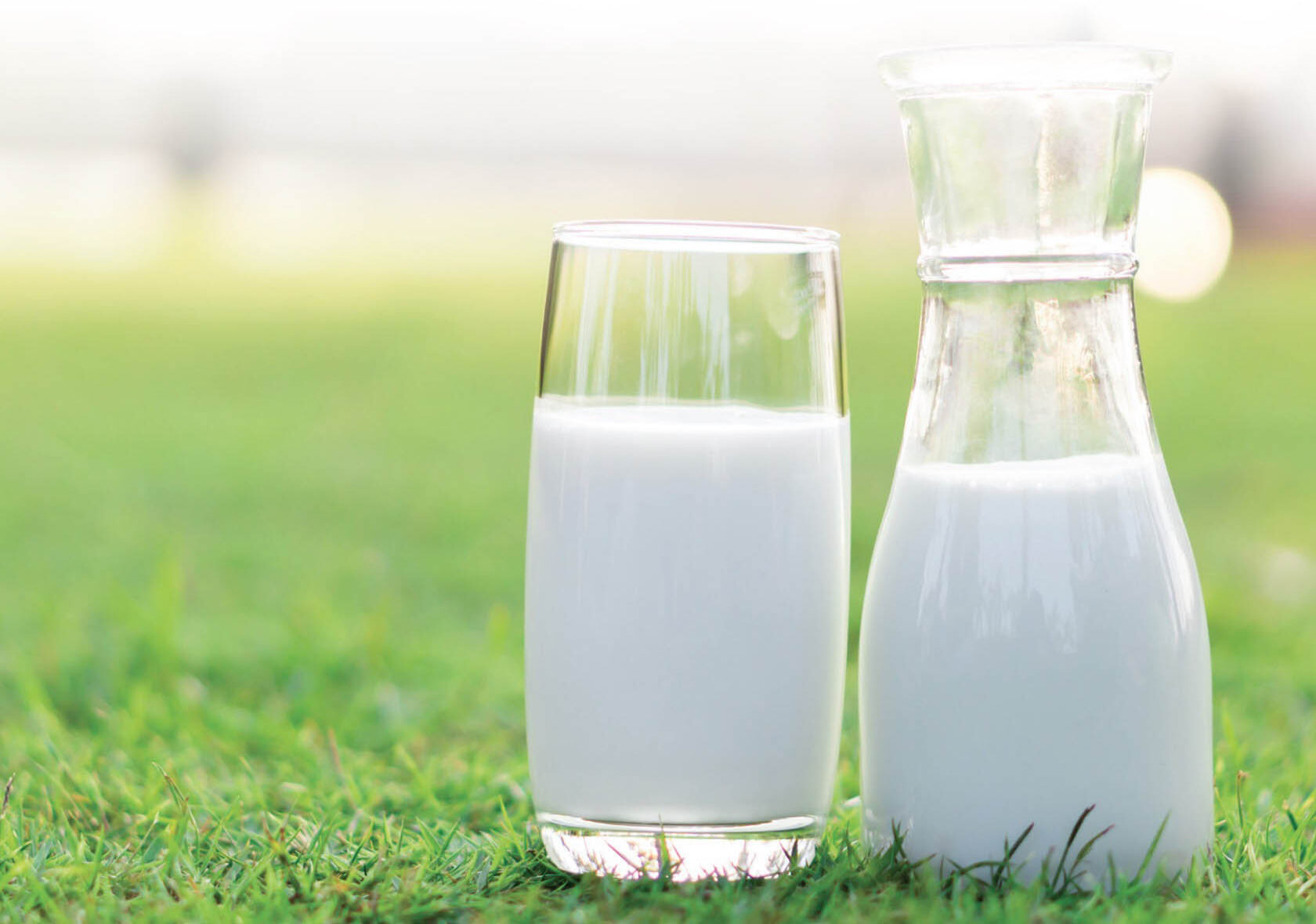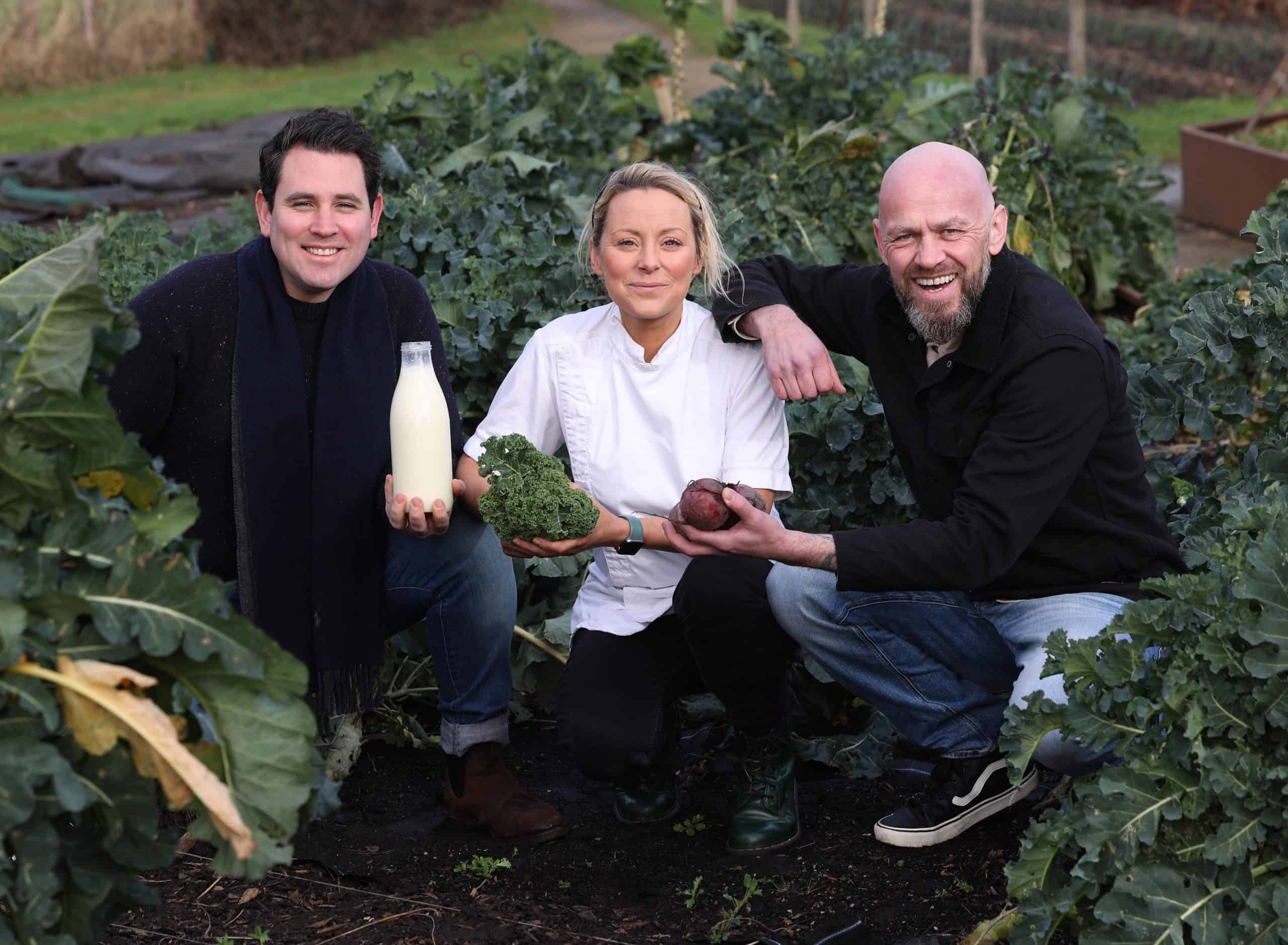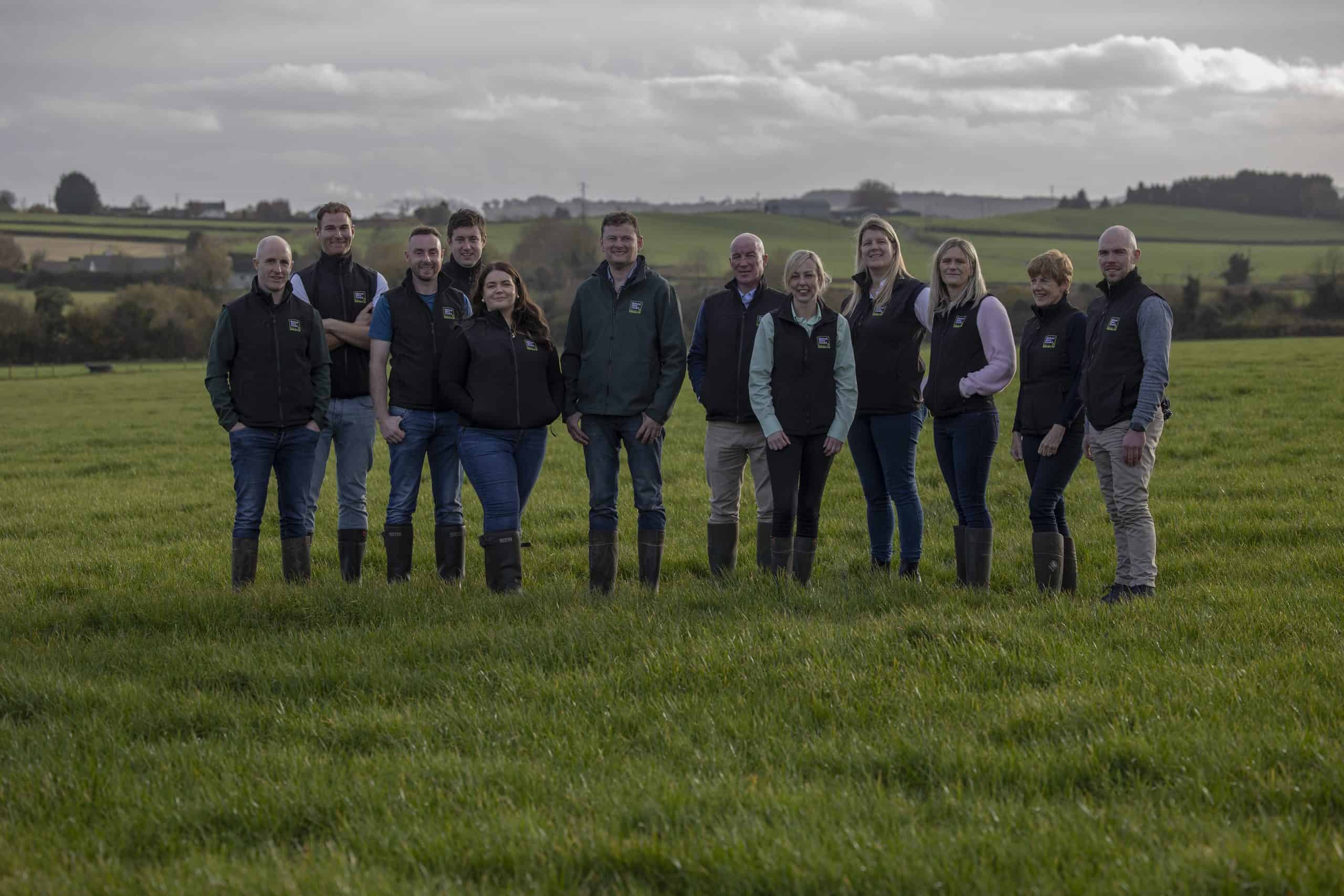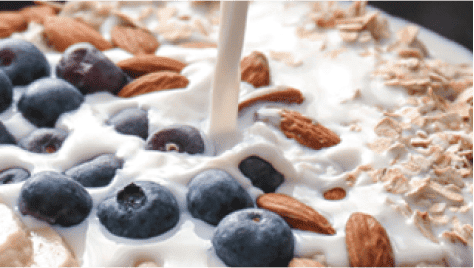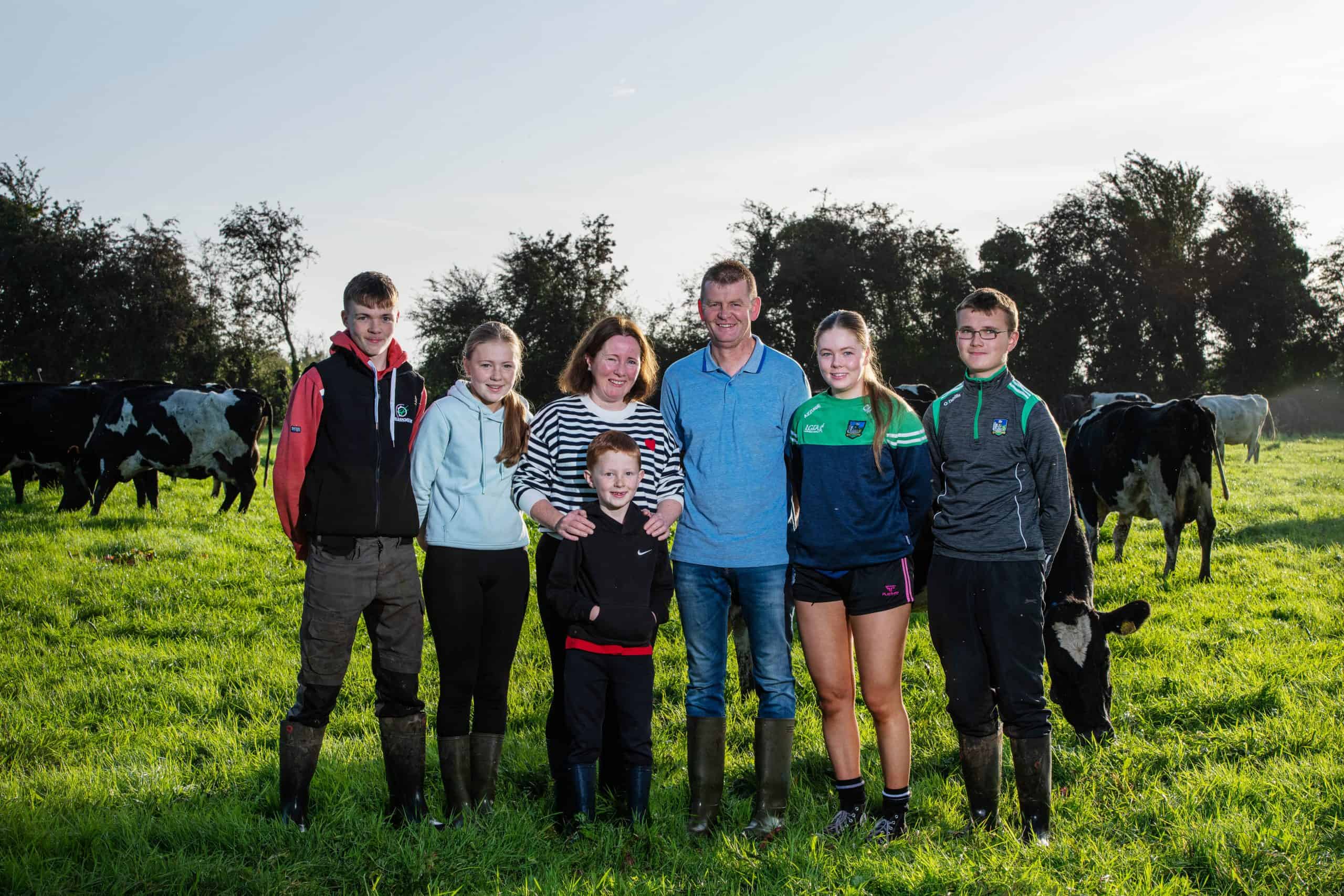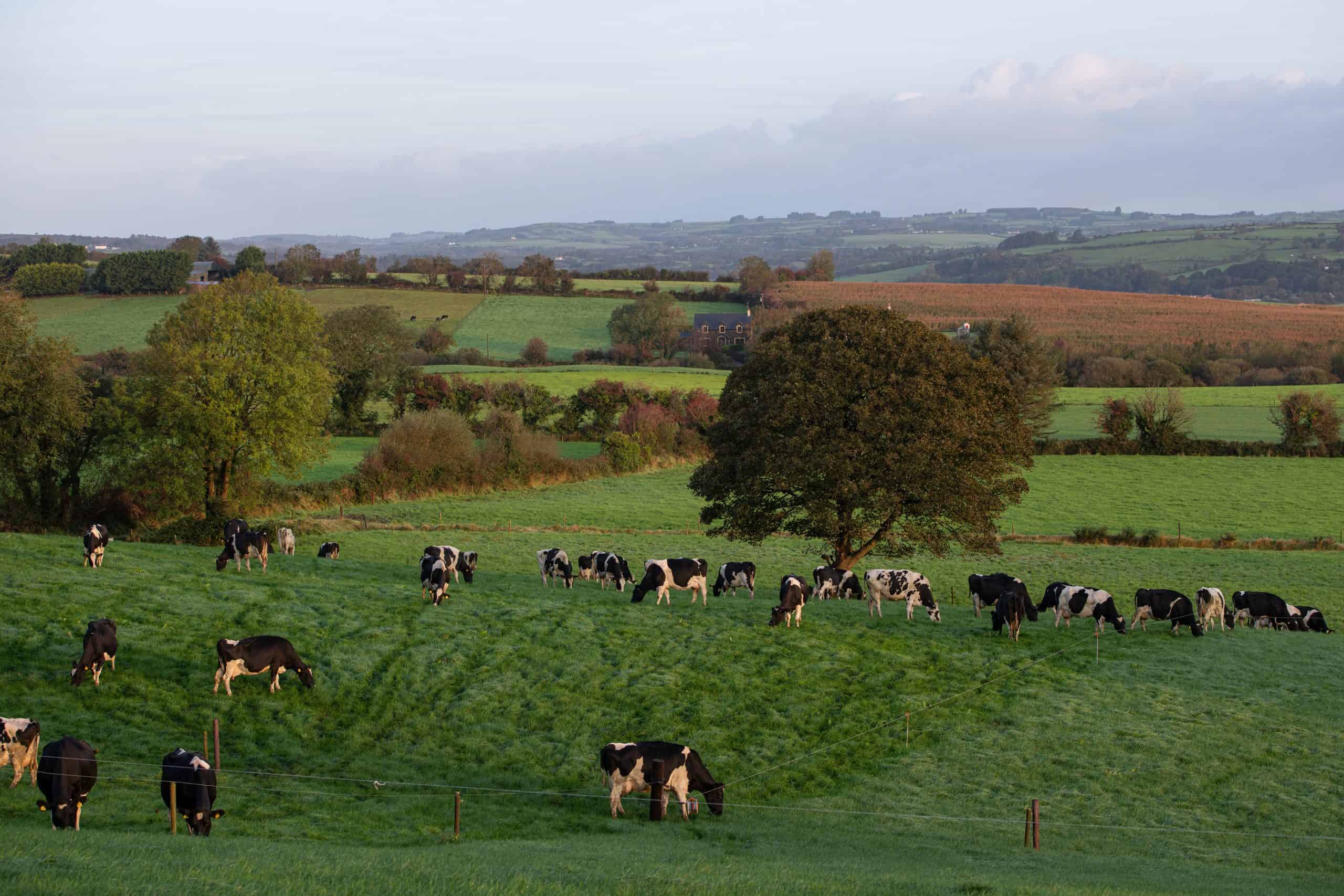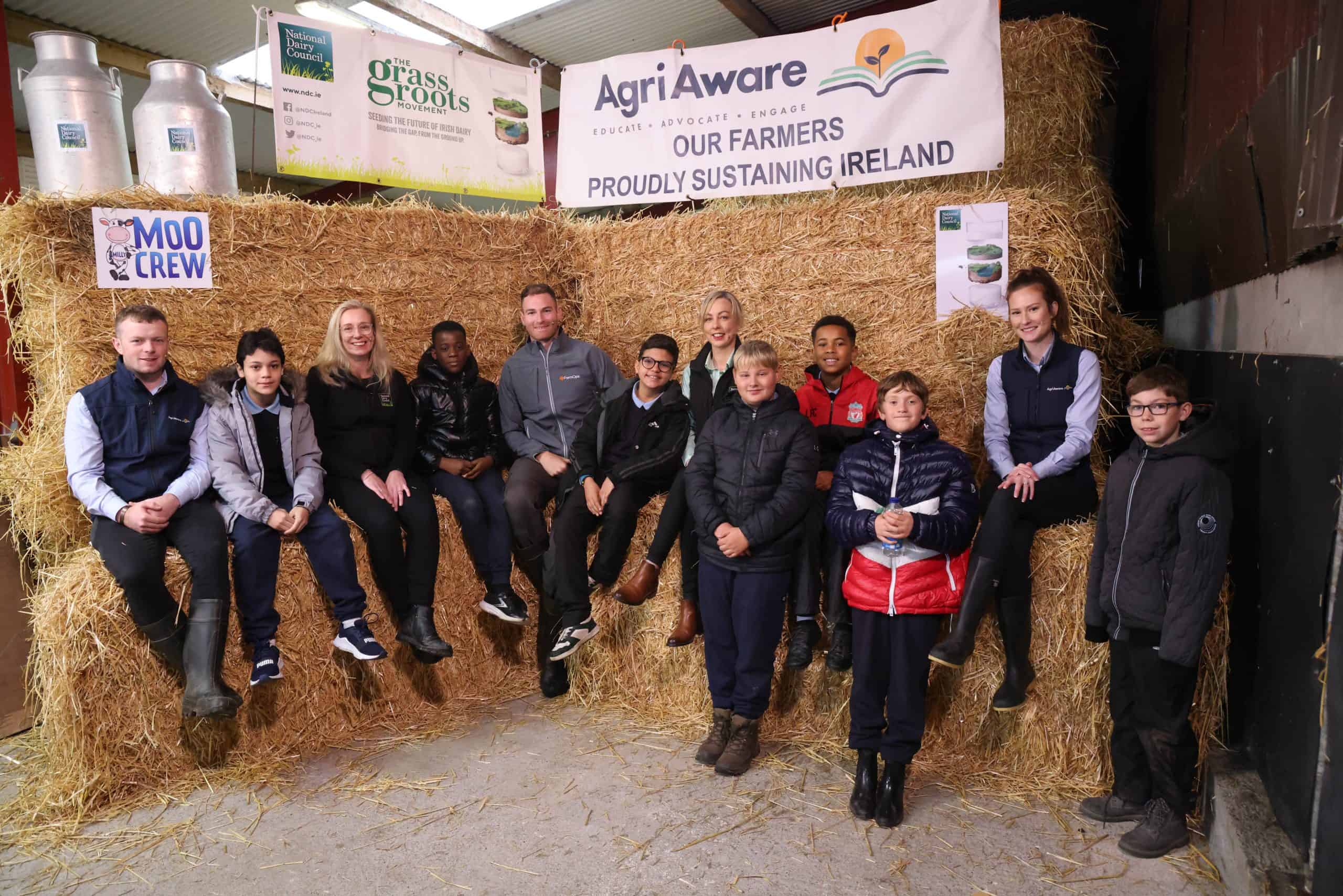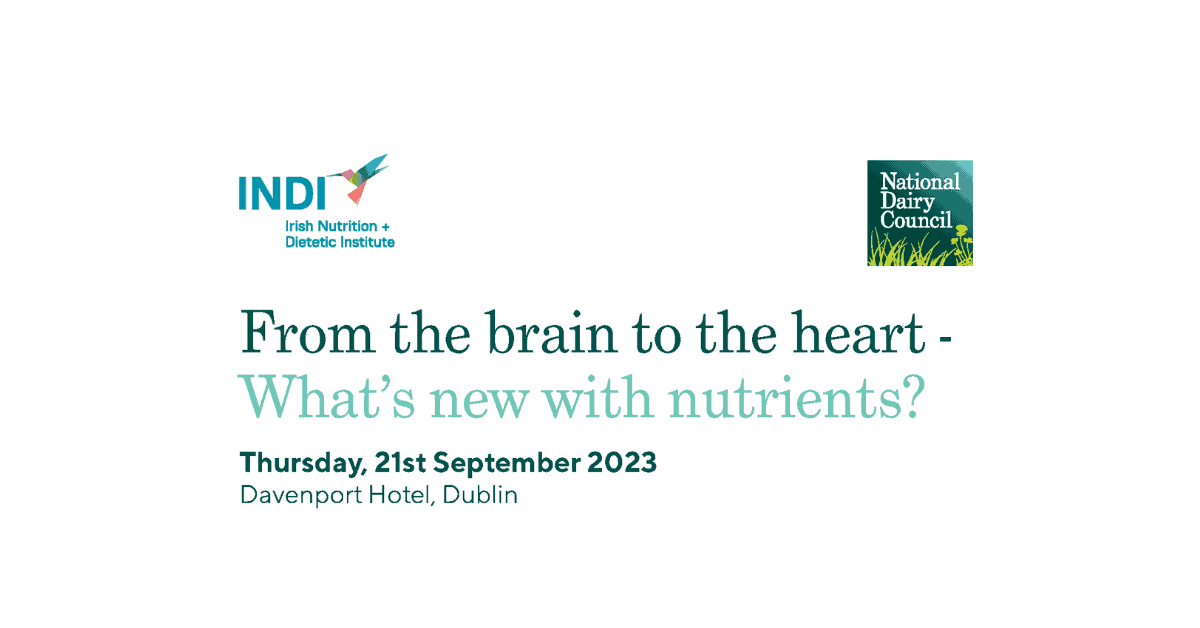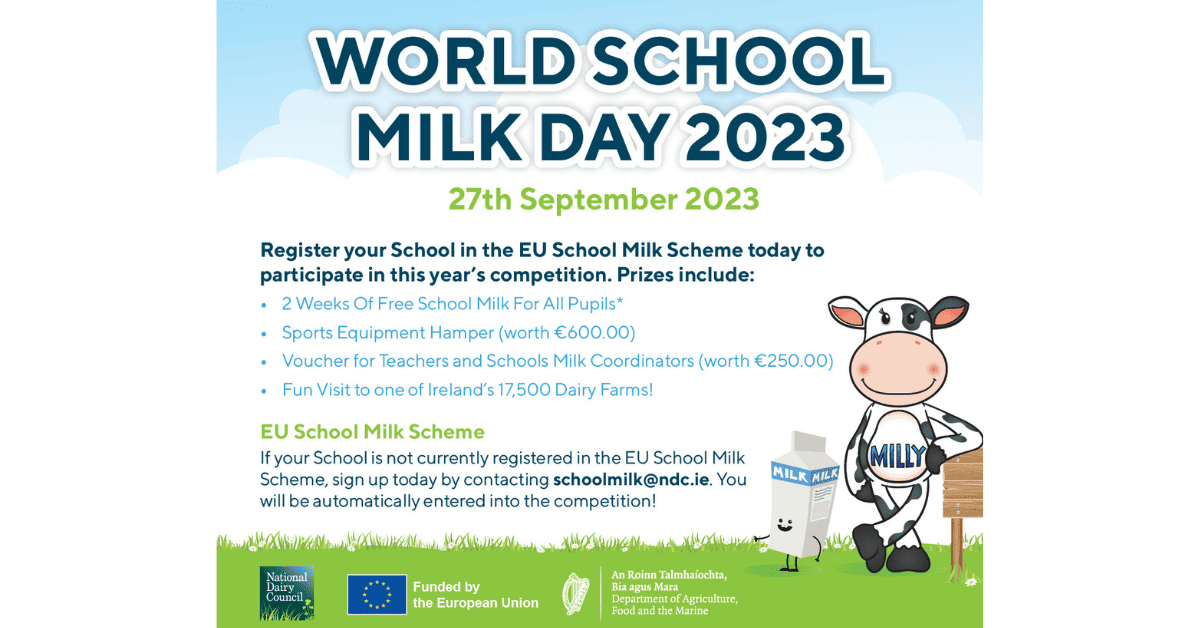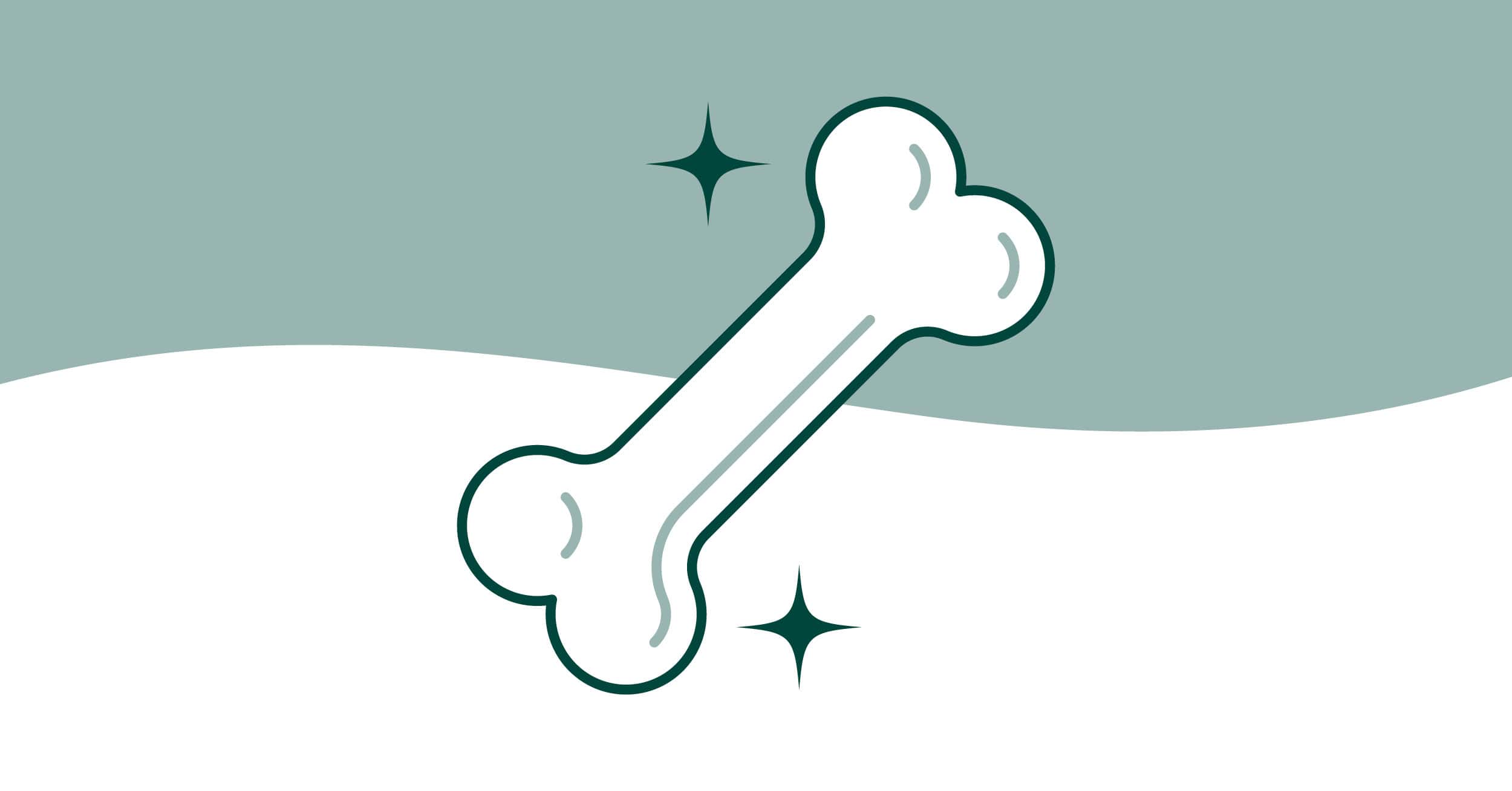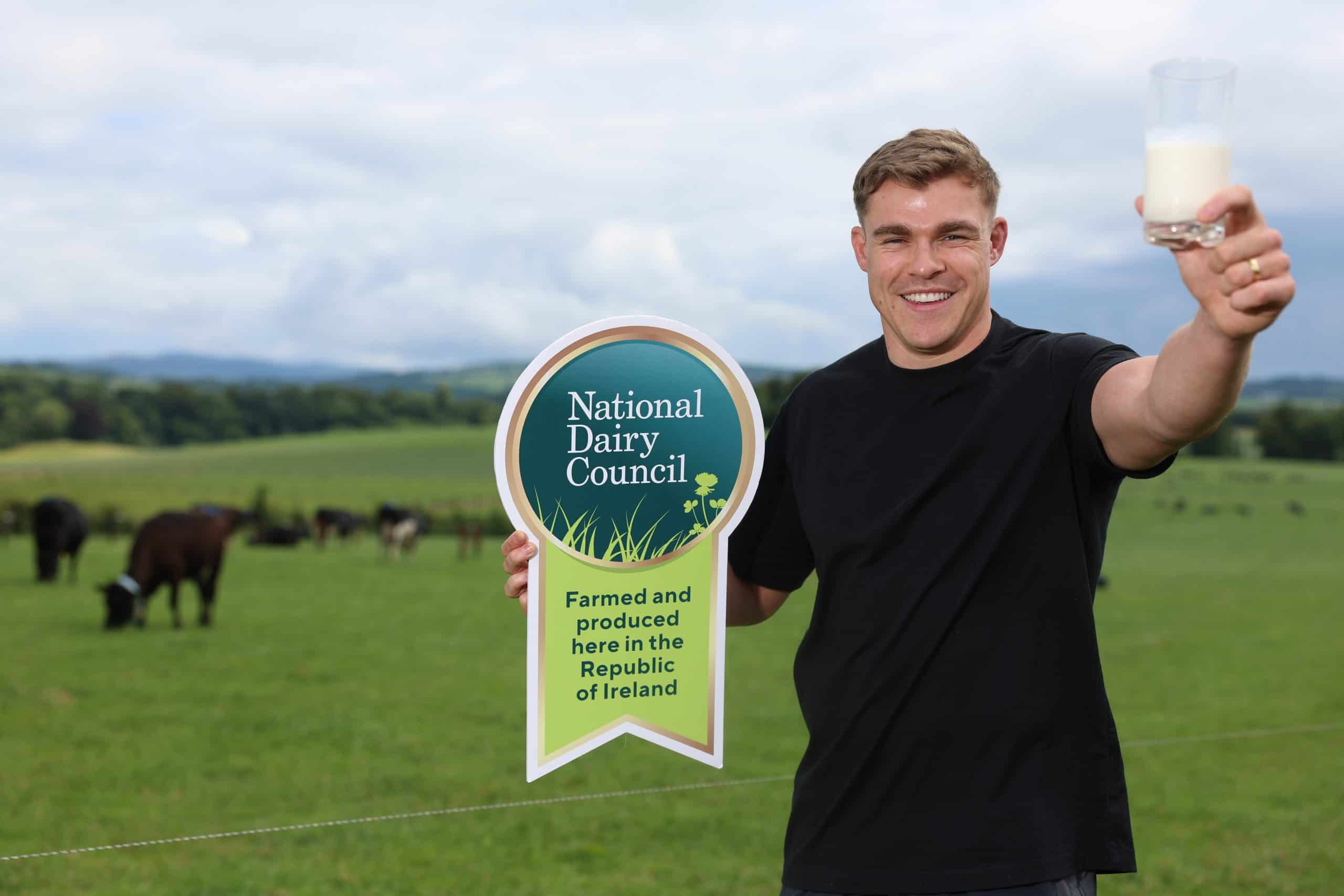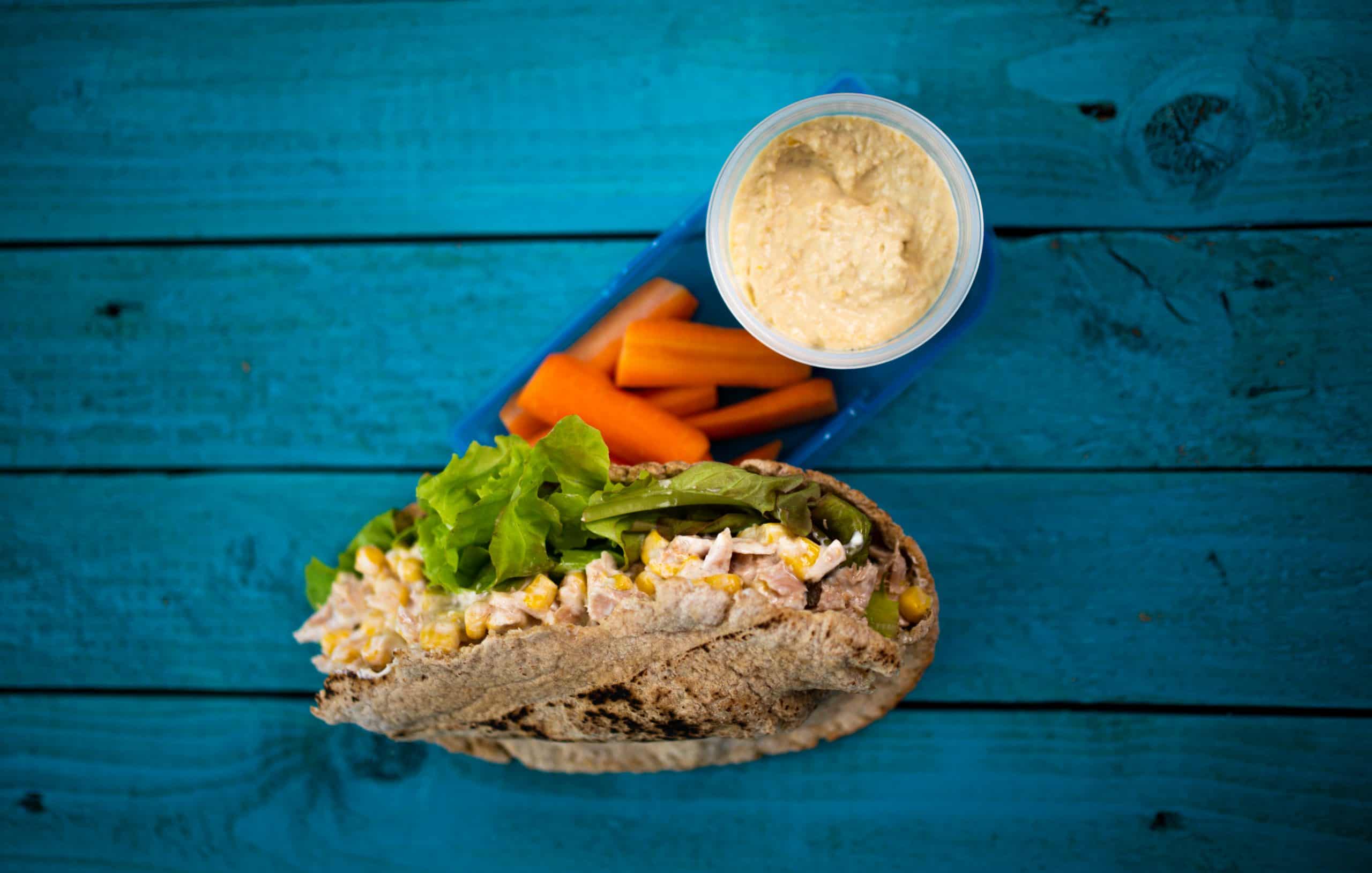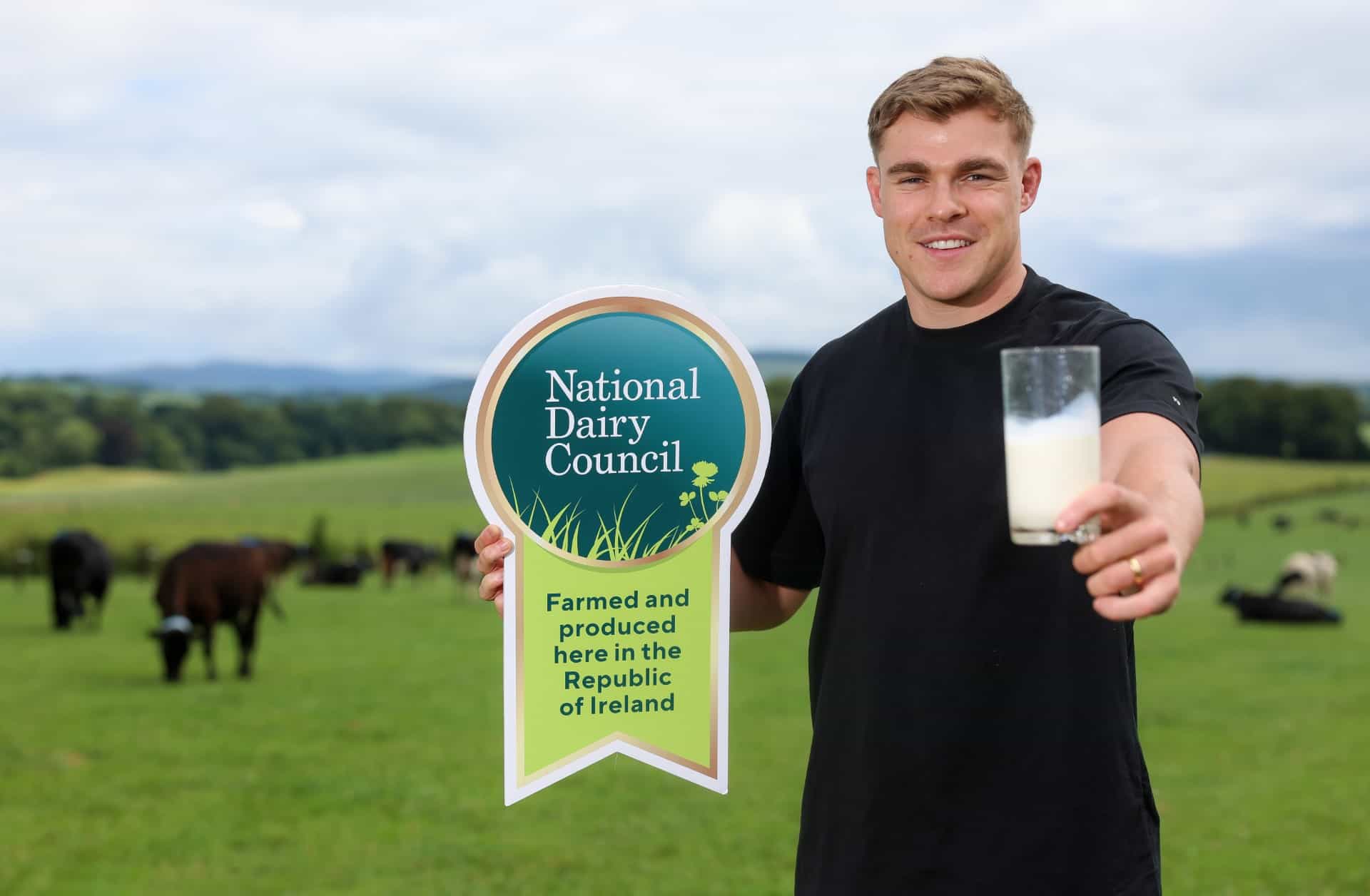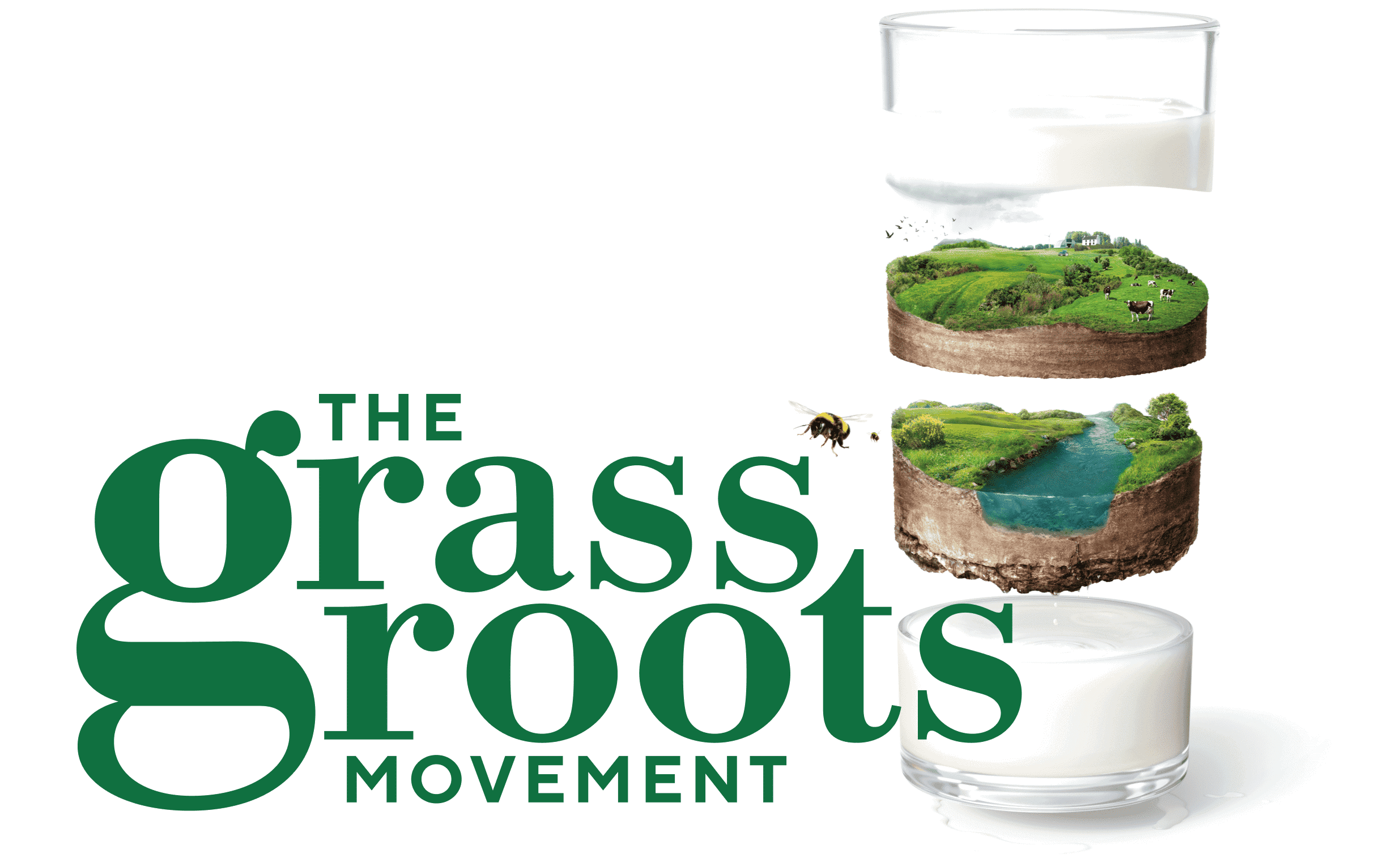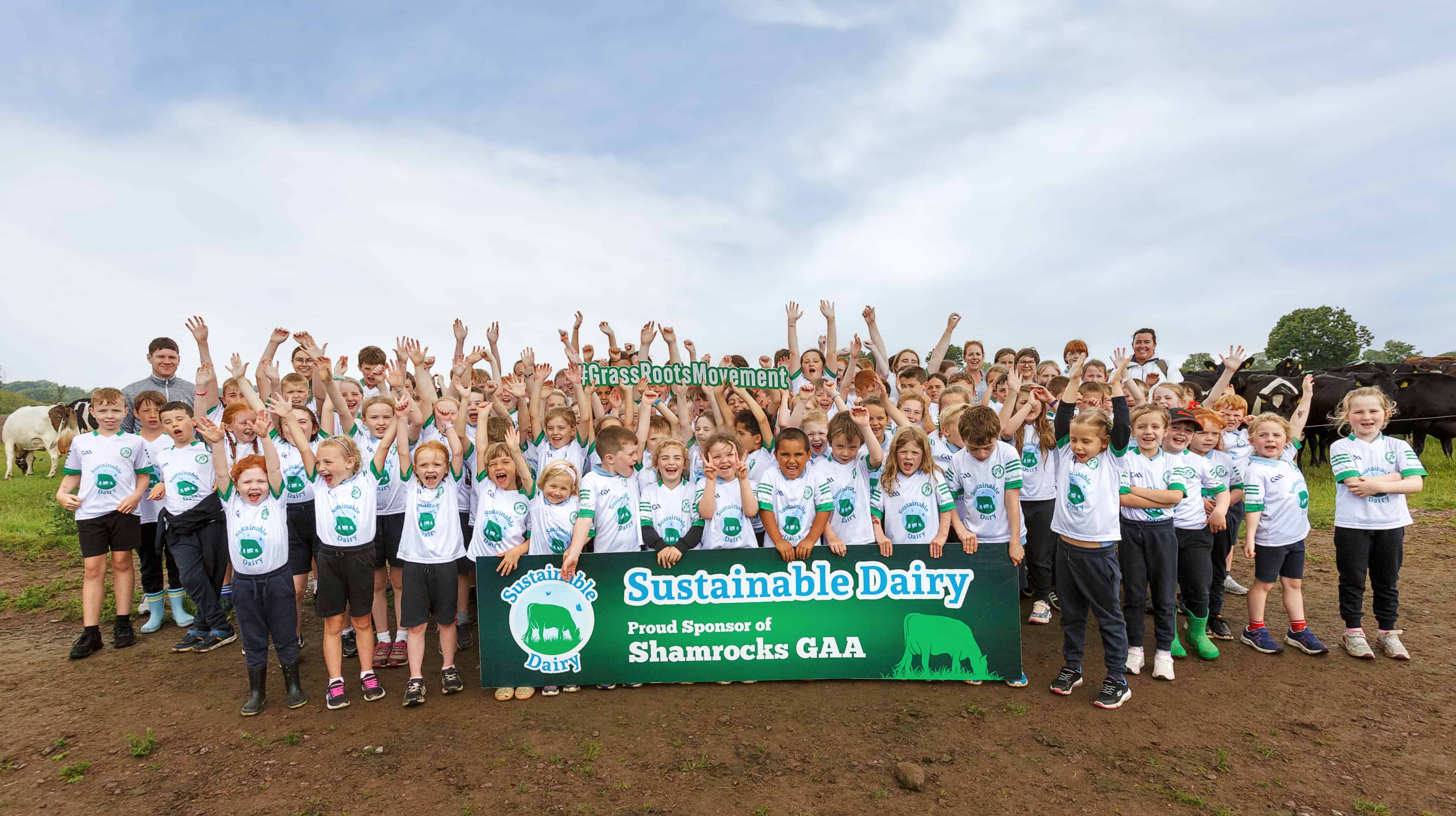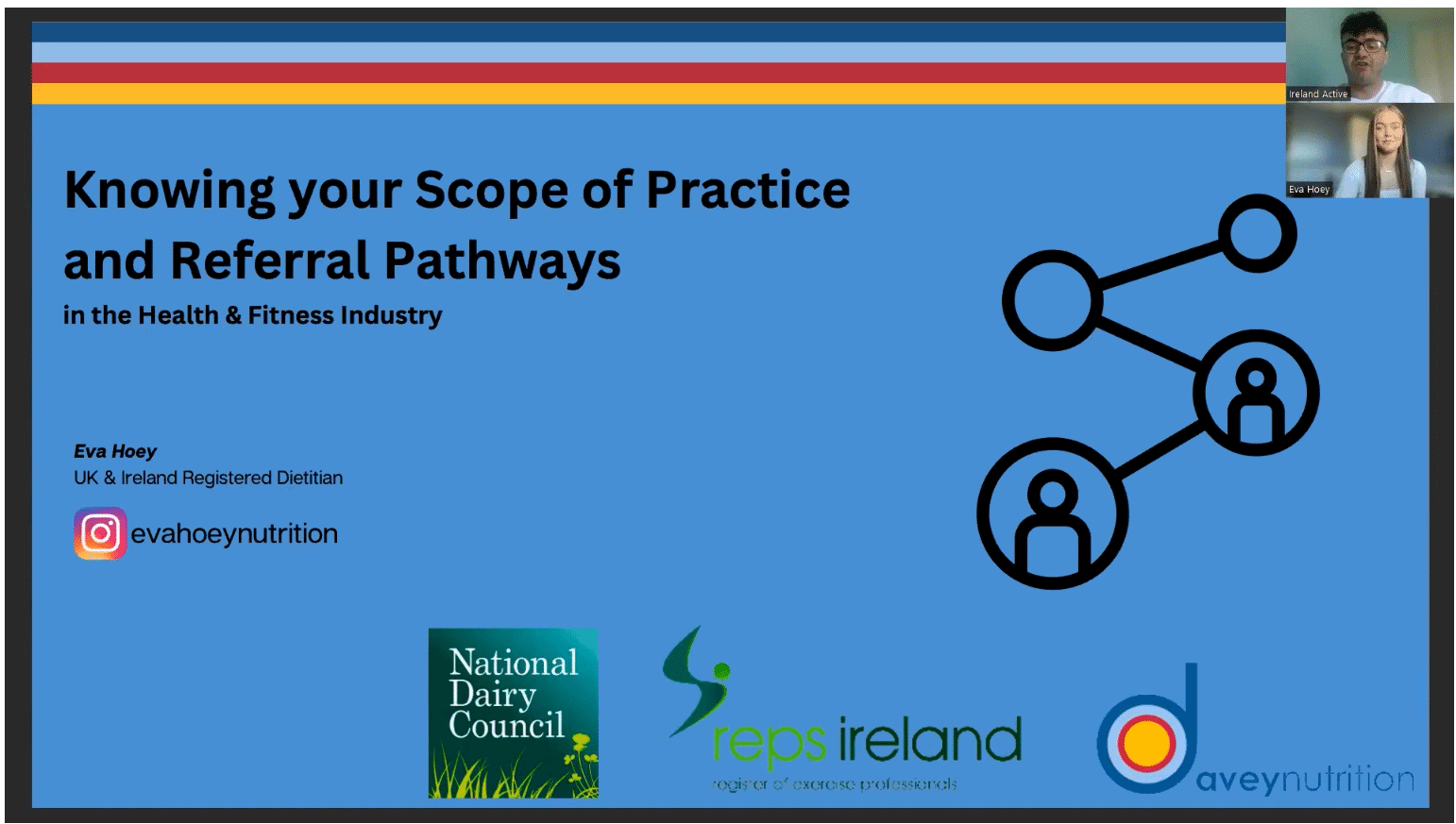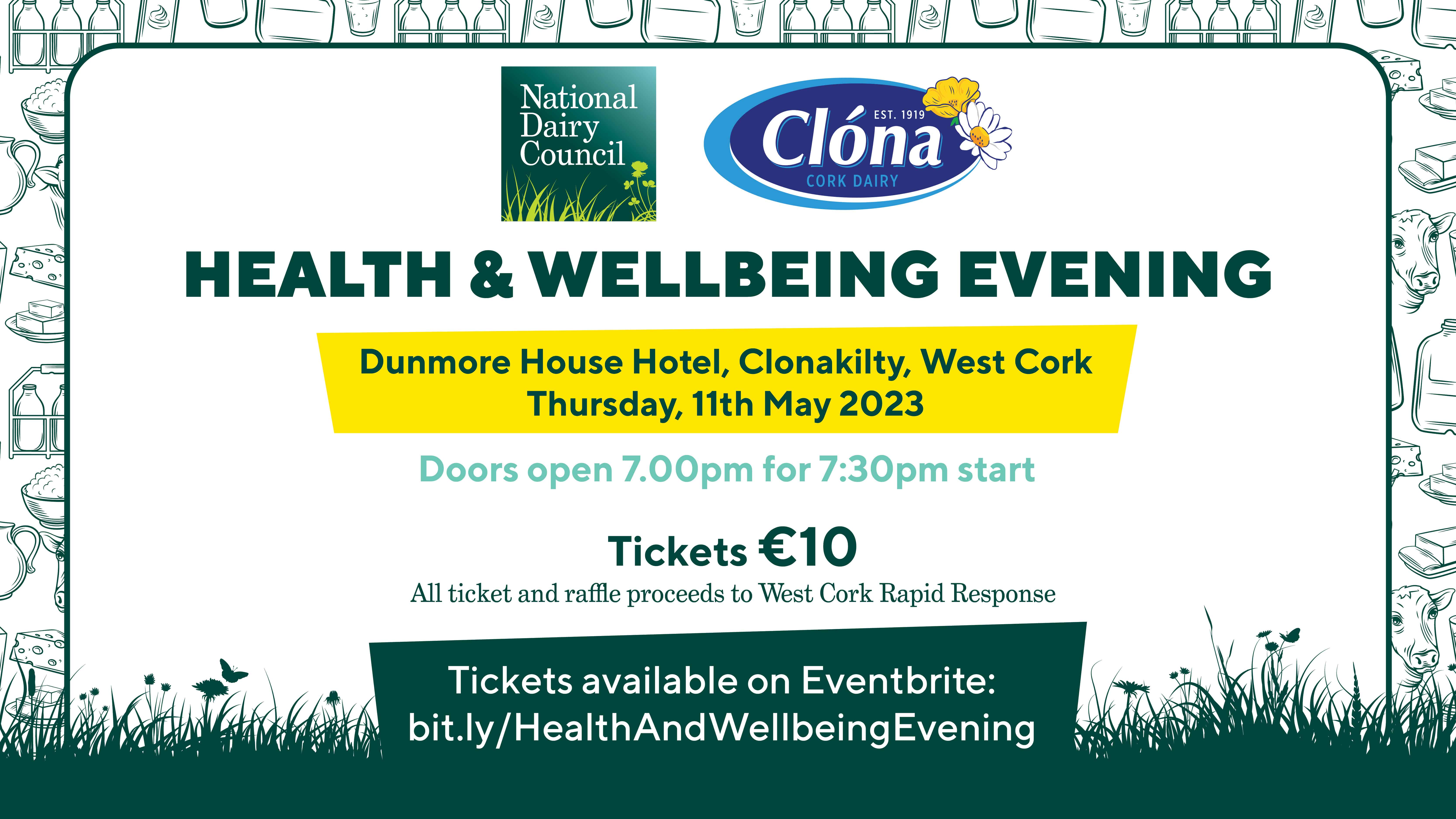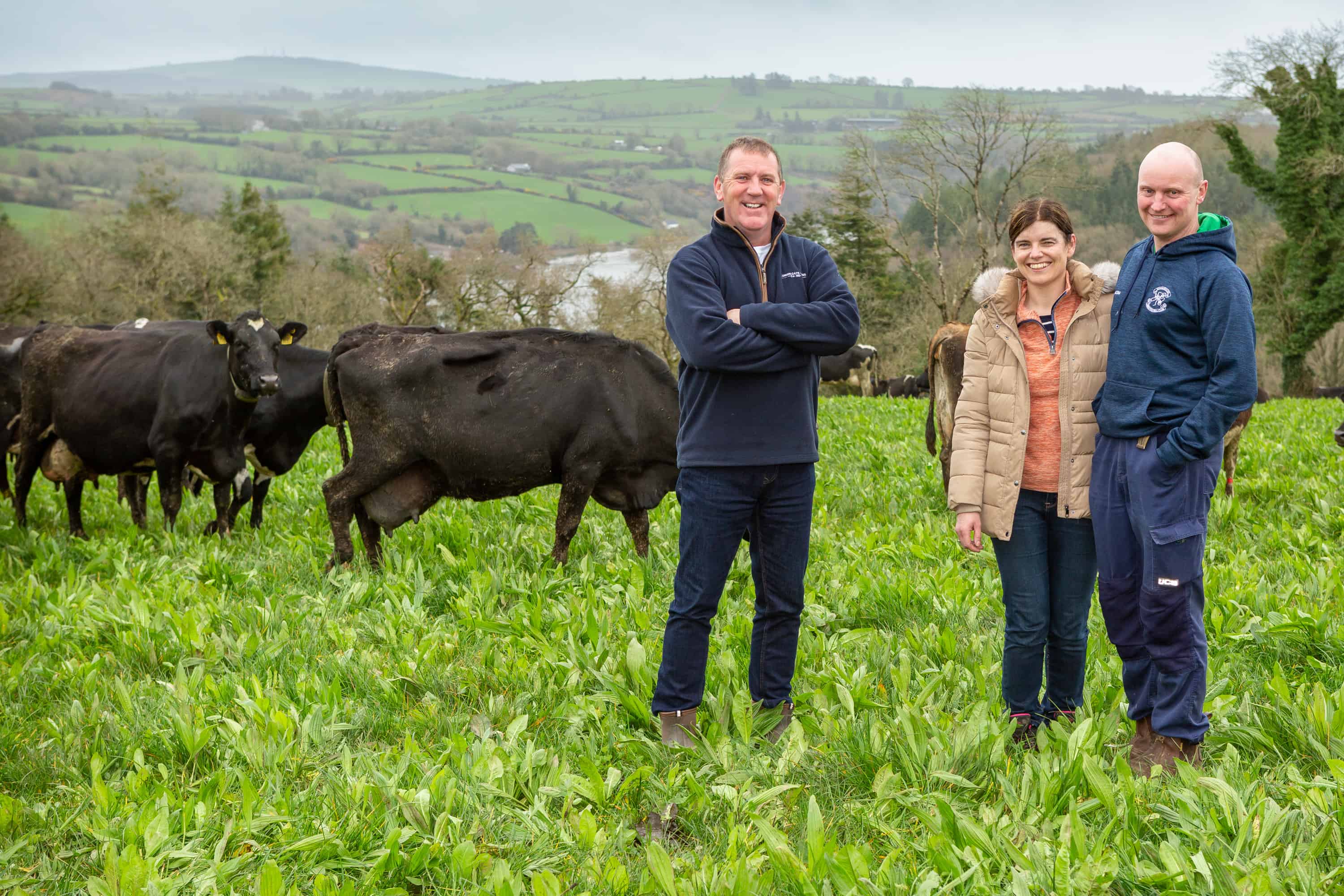New research unveils our palate for a sustainable diet
- Affordability, Nutrition and Locally produced foods were ranked the top 3 considerations when choosing a sustainable healthy diet
- 84% said they had taken steps towards eating a more sustainable diet
- Around half believe a plant-based diet means a vegan or vegetarian diet
- 2 in 3 claim to be omnivores – they eat meat, fish, and dairy
Recent research conducted by Coyne research on behalf of the National Dairy Council shows the factors considered by Irish consumers when choosing a sustainable healthy diet. As food prices continue to soar, it’s not surprising that affordability was top of mind, closely followed by Nutrition with the highest number of Gen Z respondents at 67%. Choosing locally produced foods ranked third in the top three factors.
The survey also revealed confusion over the term ‘Plant-based diet’ with almost half surveyed believing it to refer to a vegetarian or vegan diet with a further 15% saying they did not know what it meant at all. “Given it’s a term that is used frequently in relation to eating sustainably, this is an important finding” says Dr Aifric O’Sullivan, Assistant Professor at UCD School of Agriculture and Food Science. “The confusion is understandable however, as the term ‘plant-based diet’ is not consistently defined. We would define it as diets based mostly on plants including cereals and breads, pulses (peas, beans and lentils), nuts and seeds but that also include moderate amounts of animal-based products like meat, eggs, fish and dairy. In fact, the Irish food pyramid, which recommends varying proportions of both plant and animal foods is a good example of a plant-based diet if we were to actually follow it. We know that Irish diets are not sustainable from both an environmental and health perspective so any confusion is a barrier and we need to be clearer about what we need people to do to eat more sustainably”.
According to Dietitian Sarah Keogh, “If people interpret advice to adopt a more plant-based diet as meaning a vegan diet, this could well be a barrier to people making more realistic changes to their current diets. Interestingly only 4% in the survey said they had moved to a vegan diet. I find that many people last about three months on a vegan diet before going back to their previous diet. Making smaller, sustainable changes may have a greater effect in the long run. While only 4% said that they had adopted a vegan diet, four times as many said they had cooked more vegetarian dinners during the week showing that plant based dishes that also include dairy and eggs are likely to be more acceptable”.
Dr Aifric O’Sullivan is also a principle investigator of the myplantdiet research project whose goal is to study how to move people to more sustainable healthy diets. She says “We are looking at whether giving personalised advice would be more successful. Trying to change a diet too drastically is unlikely to work. Some people don’t eat a lot of meat for example so general advice to reduce may not be helpful or may lead to nutritional deficiencies. Others may need more guidance about how to increase plant foods in their diets while maintaining balance. We also forget that high fat and sugar treats, wine, or even coffee have a carbon footprint too but are not actually essential or even highly nutritious so its good to see that a third of people in the NDC survey said they were trying to consume less”.
This is an opinion echoed by Dietitian Sarah Keogh. “ Each food group provides a unique set of nutrients and balance and portion control are key elements of healthy, sustainable diets. This research throws up some inaccurate perceptions around how much dairy we actually consume in Ireland. Around half the sample said we eat about the right amount of dairy while over a third thought we consume too much. The reality is that on average the majority of adults only consume two of their three recommended portions of dairy as milk, cheese or yogurt. As dairy products are nutrient rich foods and are large contributors to nutrients like calcium, riboflavin, vitamin A and B12 in the Irish diet, we need to be careful about overly simplistic messages to reduce animal foods.
The good news is that 84% of those surveyed had registered one or more changes they had made towards eating a more sustainable diet. Around half said they were trying to only consume what they needed and were trying to reduce food waste through better planning.
“This is really encouraging” says Sarah Keogh “as it shows the appetite is there for change and that people are doing what they can within their own means. As food prices continue to soar, it’s not surprising that choosing foods that are affordable and nutritious are top of mind and are important considerations as we develop guidance on eating more sustainably too. We need to make eating sustainably achievable for as many people as possible.”
About the Research
A nationally representative survey was carried out amongst a sample of 1,000 adults aged 18+. Quotas were placed on the number of interviews achieved in each demographic grouping (age, gender, region and social class) to ensure it matched the Irish population. All fieldwork was conducted between the 31st January – 7th February 2023.
Editors notes from National Dairy Council
Sustainable diets are commonly considered as eating patterns that simply focus on reducing climate change but they would not be ‘sustainable’ if they focused on this issue alone. According to the FAO/WHO1 sustainable healthy diets should be:
- Nutritionally adequate, safe and healthy
- Culturally acceptable and accessible
- Economically fair and affordable
- Environmentally protective (respectful of biodiversity and ecosystems)
Irish Dairy scores well against the four pillars of sustainable diets:
- Nutrition – Very few foods compare to dairy in terms of their nutritional value – a glass of milk makes a substantial contribution to the recommended intake of several important nutrients. Dairy foods account for 39 % of Ireland’s calcium intake, 45 % of its iodine intake, 38 % of its vitamin A intake and 35 % of its vitamin B12 intake, along with other important nutrients. Taking dairy out of the diet would leave many nutritional gaps. The Department of Health recommends all individuals consume three servings of dairy products (milk, yogurt and cheese) per day with 9-18 year olds recommended to consume five servings.
- Culture – Dairy farming and dairy foods are part of the fabric of Irish culture and tradition. There are 18,000 dairy farms operating in Ireland. Dairy has been a part of Irish diet for centuries
- Economics – Looking at nutrient availability per price of serving, milk is one of the most affordable sources of nutrition.
- Environment –While improvements are ongoing, Ireland is one of the best places in the world for sustainable milk production. The grass-based system is extremely efficient resulting in one of the lowest carbon footprints internationally. Approximately 99% of the water used is supplied by natural rainfall.
1 FAO and WHO. 2019. Sustainable healthy diets – Guiding principles. Rome.
